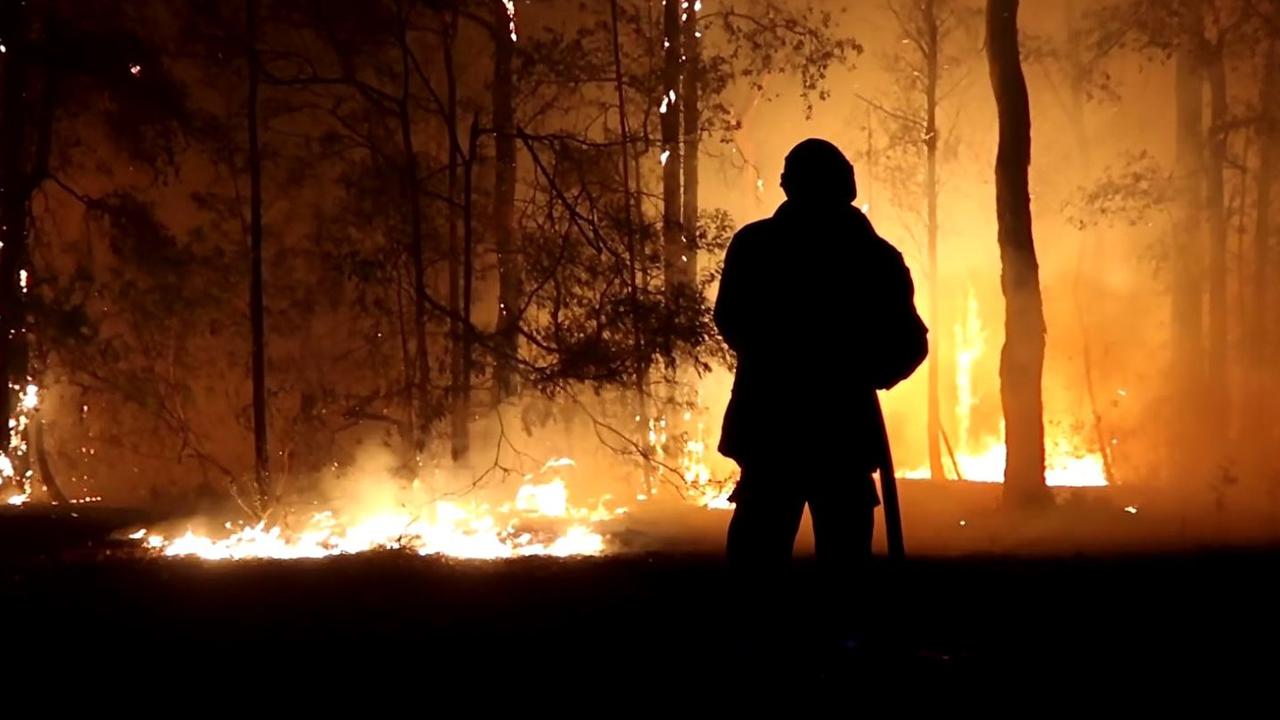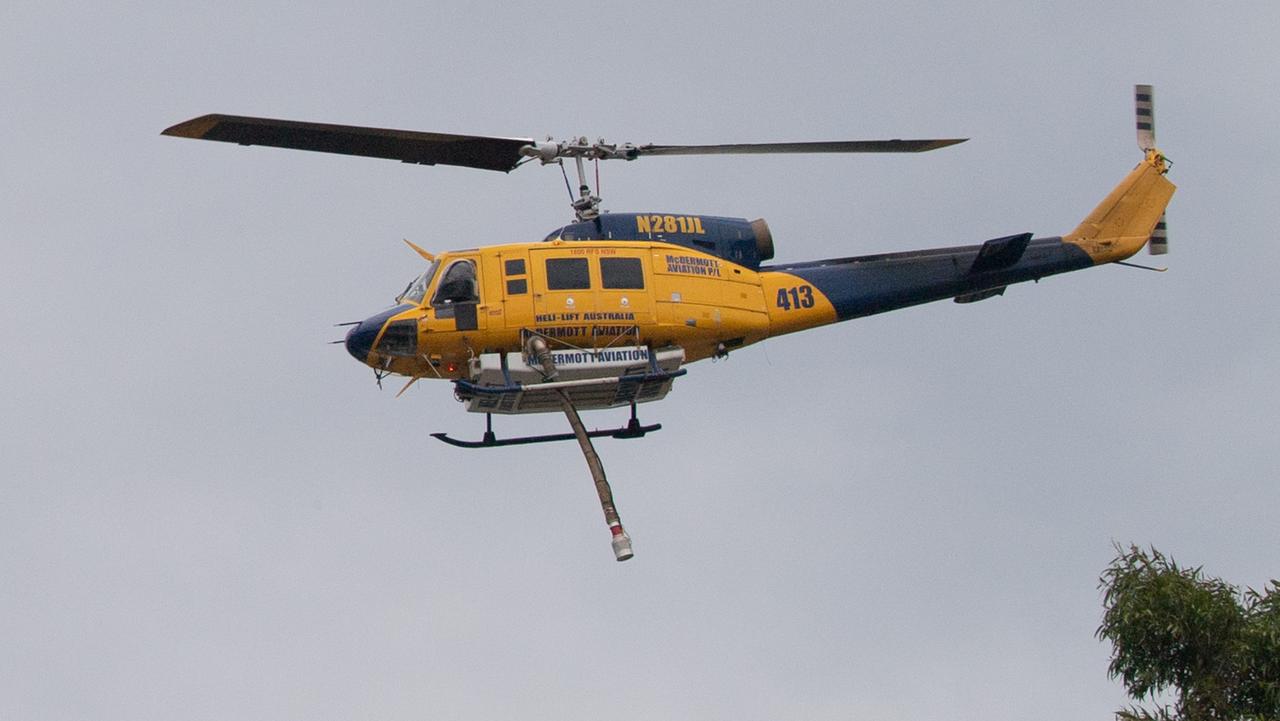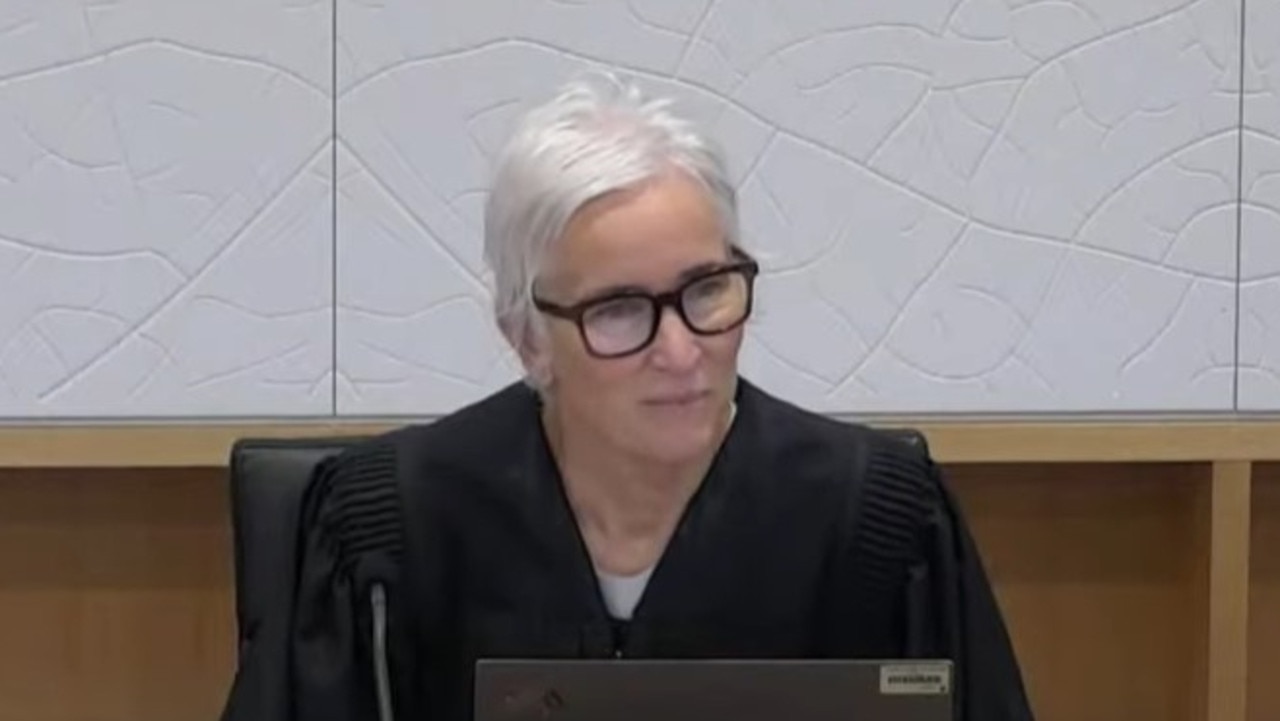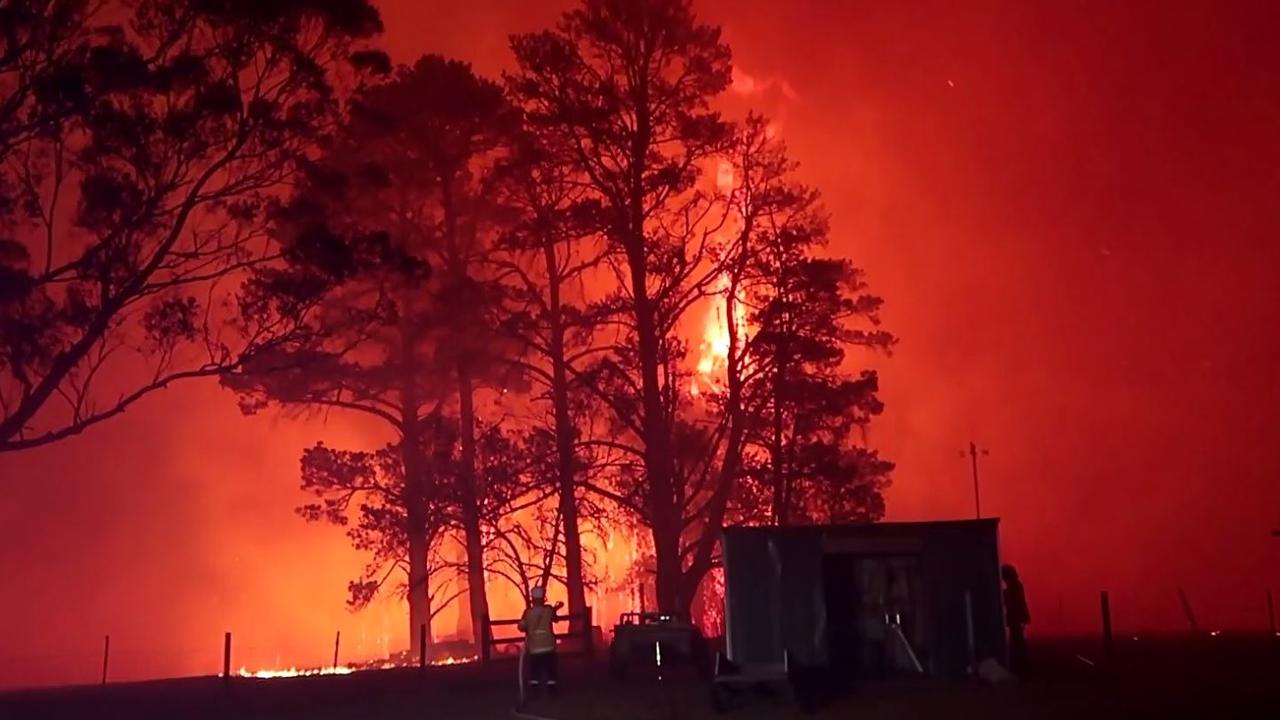Teresa O’Sullivan delivers 28 recommendations after two-year Black Summer bushfire inquiry
The coroner who led a wide-ranging two-year inquiry into the horror Black Summer bushfires has warned of escalating ‘ risks’ to Australians.
The coroner who led a wide-ranging two-year inquiry into NSW’s horror Black Summer bushfires that took 25 lives and burned more than 5.5 million hectares of land has delivered a stern warning of “intensifying” risk.
State Coroner Magistrate Teresa O’Sullivan delivered 28 recommendations for better bushfire management on Wednesday, while also warning government agencies and communities must urgently adapt to escalating climate change risks to guard against future fire-fuelled catastrophes.
Ms O’Sullivan found six “systemic” issues in the state’s bushfire response, with the 28 recommendations for change in how NSW investigates fires, its communication and warning systems, fire prediction modelling, bushfire risk classification, vehicle design and safety and back burning operations, planning and execution.
Recommendations one to 10 suggest changes to the Rural Fire Service’s aerial capabilities and response, from pre-season briefings with pilots to improving communication systems and processes between aircraft, incident ground resources, incident management teams and the State Air Desk.


Recommendation 20 asks the RFS to work with the Bureau of Meteorology to develop “fire-atmosphere coupled modelling” and obtain “a better understanding of the interrelationship between atmospheric instability and bushfire, including to develop ensemble forecasting capabilities, to be integrated into training of Fire Behaviour Analysts and the development or refinement of models for fire prediction.”
Ms O’Sullivan directed 23 of the 28 recommendations to the NSW Rural Fire Service, one to the NSW Police commissioner, two jointly to the RFA and police commissioner and two to the CEO of Essential Energy.
She also warned in her findings of a dangerous future for the state without a “global response” to climate change.
“While acknowledging that uncertainties exist in climate projections, the Intergovernmental Panel on Climate Change predicts with very high confidence that further climate change is inevitable, with the rate and magnitude dependent on the emission pathway,” she said.
“Ultimately, the IPCC has noted that Australia’s ability to adapt to climate change rests on better co-ordination and collaboration between government agencies, communities, Aboriginal and Torres Strait Islanders, not-for profit organisations and businesses.
“Work is already being undertaken but more work is needed in light of the ongoing and intensifying climate risks. The need to adapt to climate change cannot be understated.”


The 2019-2020 fire season ravaged NSW, with more than 11,700 fire incidents that lasted for eight months, with the last fires extinguished in March 2020 after 240 consecutive days of burning.
25 people, including seven firefighters, lost their lives.
The fires also destroyed 2476 houses and three schools and killed more than 800 million animals, what Ms O’Sullivan called “an ecological disaster.”
The financial impact from the fires is estimated at $10bn.
Ms O’Sullivan heard from 190 witnesses in her inquiries and she praised the courage and camaraderie of the people affected by the disaster.
“This Inquiry was conducted in the knowledge that the trauma and grief that the fires wrought persists long after the last flame was extinguished and that as communities grappled with the immediate aftermath of these fires, they were further threatened by the arrival of the Covid pandemic and in some areas, also devastation caused by flooding,” she said.
“The compassion and determination shown by communities during the bushfires and continuing to this day is clear evidence of the strength of the human spirit.”




